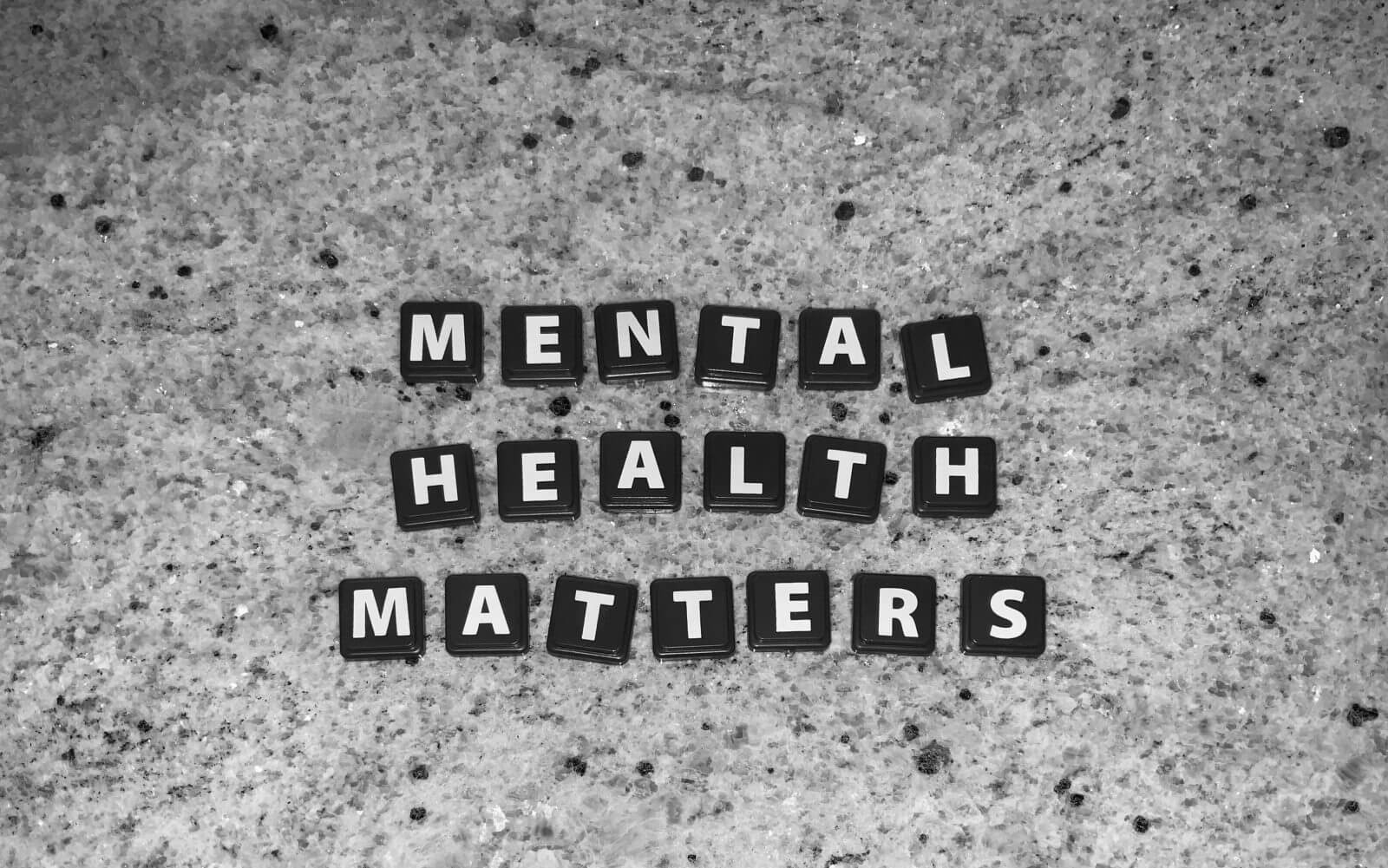Why Mental Health is still the elephant in the room
Wednesday 10 October marks World Mental Health Day. Organised by the World Federation of Mental Health, the goal is to help raise mental health awareness and ensure that people dealing with problems concerning mental health can live better lives with dignity.
Why does this matter? Well you don’t have to be an expert to know that the number of people suffering from mental health conditions is on the rise. In the UK, around 1 in 4 people will experience a mental health problem each year. This means that 1 in 4 people will be incapable of making it through the day without some form of attack. As a result, mental ill health is now the primary cause of long-term sickness absence in the workplace for over one in five (22%) UK organisations, according to research conducted by the CIPD.
No doubt employers will be reading this and thinking, but “we are doing so much to raise awareness around mental health, why does this continue to be a problem?” Certainly within the advertising and OOH community there are many organisations that have done a lot to raise awareness around mental ill health, with expert talks and support from numerous organisations such as NABS.
However, increasing awareness is only the start. It puts the topic on the agenda but it doesn’t go far enough to remove the stigma. We need to do more to change people’s views on mental ill health and help them better understand how to approach it.
Fostering Inclusivity: Addressing Mental Health in the Workplace
Over my career, I have had many managers ask me how to have conversations with staff suffering from depression or anxiety. Often managers shy away from the subject or feel like they have to tread on eggshells in fear of saying the wrong thing. Subconsciously, they will exclude team members with poor mental health from tasks or projects to avoid putting more pressure on them, all with the best intent in the world.
At the other end of the spectrum, you can get managers, and even organisations, who just don’t get it and will tell their team members to pull themselves together or just to snap out of it. Now if that individual said they had cancer or epilepsy, I can bet they’d get a very different reaction.
All of these actions, or silence/inaction, can be more detrimental to an individual’s state of mind and often fuel further anxiety, stress and depression. It also prevents other people from coming forward with their mental health issues because they’ll either feel like it won’t be taken as seriously or receive the same kind of support as a physical and more visible condition, or they’ll feel like they’ll get discriminated against or overlooked for promotion.
So how do we go about making our people feel more comfortable in talking about their mental health conditions and feel more inclusive as a result?
We at Talon certainly don’t claim to have the answer, but one thing that can definitely help is training. A recent Mind survey of over 44,000 employees found that only two in five (42%) felt their manager would be able to spot the signs they were struggling with poor mental health.
Clearly then, more needs to be done to equip our managers to be able to spot the signs of mental ill health and help support their teams through their conditions. Currently, only a third of companies (32%) train line managers to support staff with poor mental health. We need to get this to 100%.
In addition, there is a wider need to educate all staff on how to treat people with mental health problems, with respect and equality, to not only create an inclusive environment for people with mental ill health, but to also encourage them to be more forthcoming and open about their conditions. Only with open, honest dialogue, and the confidence to have that dialogue, can the elephant finally leave the room.




